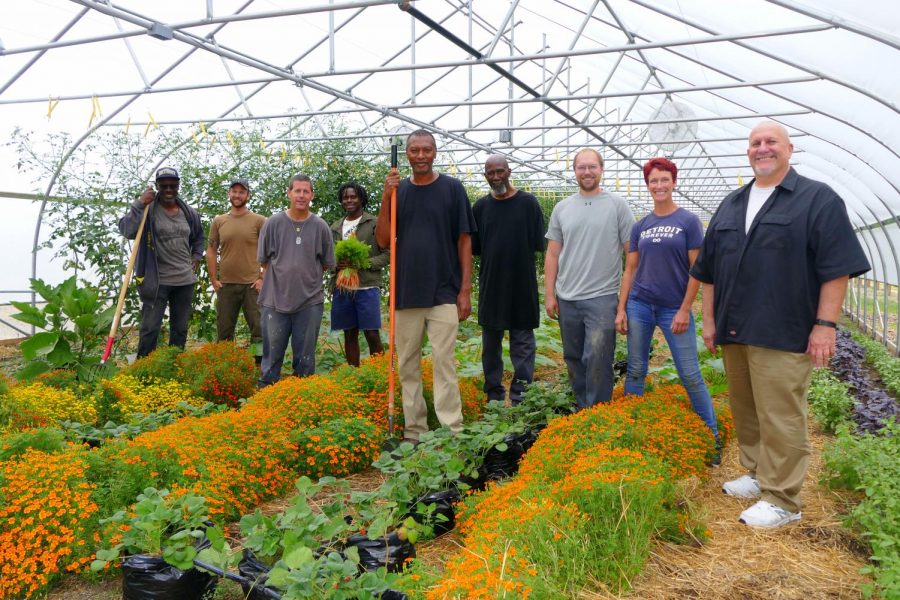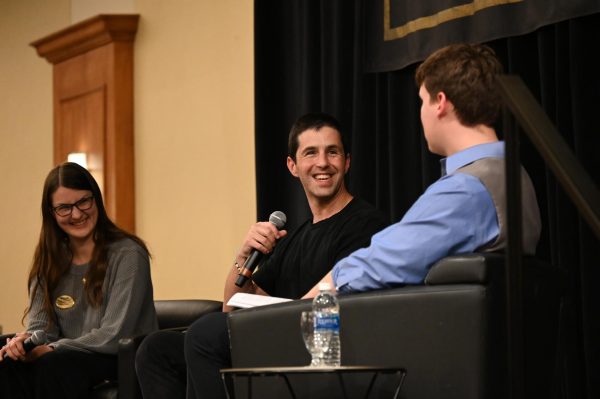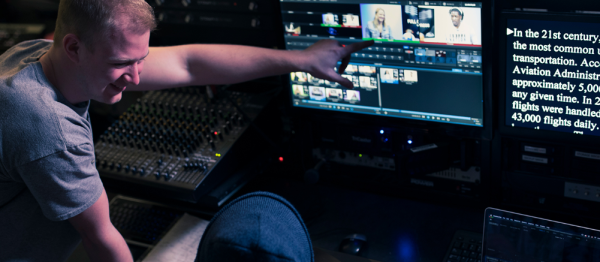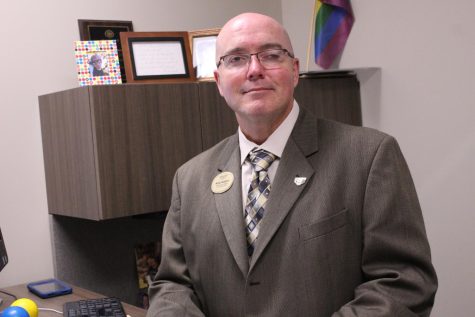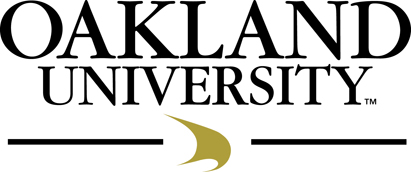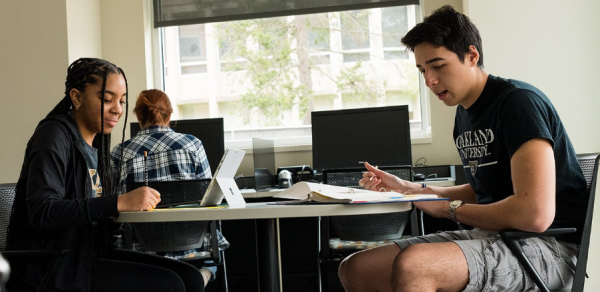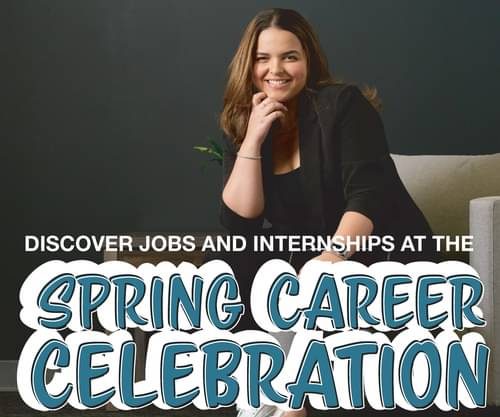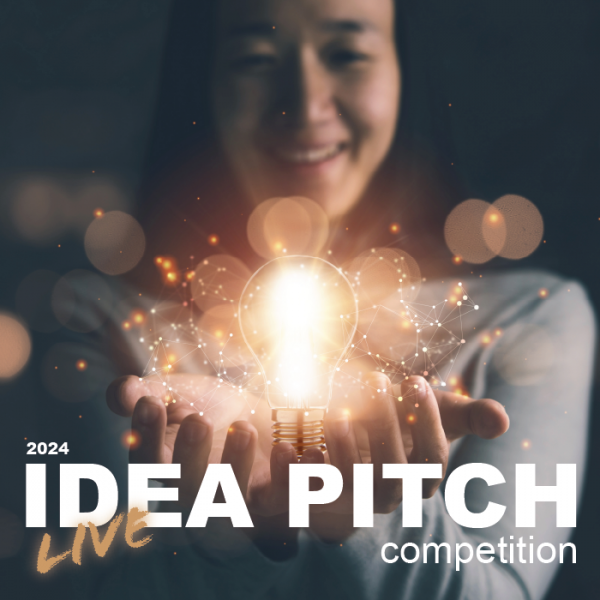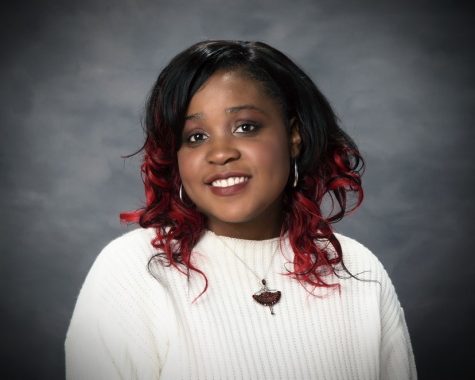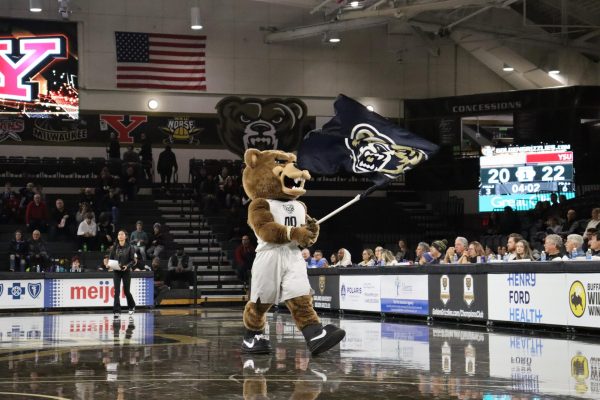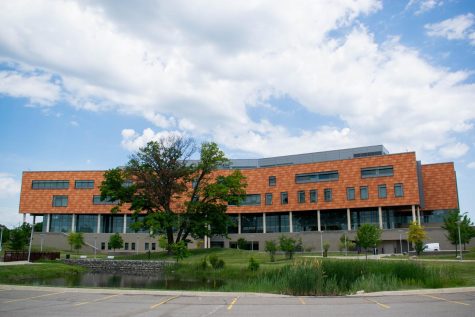From prison to farming: Alum creates empire of paying it forward
The year was 1976 and Gary Wozniak had just graduated from Oakland University with a degree in psychology. The world was at his fingertips. After a series of decisions landed him in the business world, he found himself working as a successful stockbroker and soon afterward, entering the party lifestyle.
Looking back, Wozniak notes that addiction runs in his family, and so, cocaine became his Achilles’ heel. He began using clients’ money to support his lifestyle, and ultimately ended up in federal prison for three and a half years.
“When I got out in 1991, I went to apply for a job at a place called Enterprise Car Rentals and they told me no because I had just gotten out of prison,” Wozniak recalled. “I was in my early 30’s and I told myself I would never let anybody tell me no again.”
Yet Wozniak’s passion does not lie in his own success, but rather in helping the community around him reach its full potential.
Out of this passion, RecoveryPark was incorporated in 2010. The 501(c)(3) nonprofit organization was established on Detroit’s east side with the purpose of incubating for-profit businesses that could employ those who are struggling as Wozniak, the president and CEO, himself once did.
“Our mission is to create jobs for people with barriers to employment,” he said. “So people coming out of prison, people struggling with addiction [and] people spiraling poverty with chronic homelessness, which represents about 70 percent of Detroit’s unemployed or underemployed population.”
The businesses, all focused on the food industry, currently include RecoveryPark Farms and RecoveryPark Aquaculture, which raises fish.
RecoveryPark Farms has been growing food for three years and is the most developed business under the non-profit organization. Currently, the three acres under production provide specialty produce to 133 restaurants.
“It’s a great example of community engagement and partnership and how one person, who thinks outside of the box, can really have a big impact,” said Suzanne Rossi, MPA program coordinator who hosted Wozniak at OU for a speech on social entrepreneurism Monday night.
Wozniak is also working on launching a value-added production business called RecoveryPark Foods, which would make different foods out of what RecoveryPark Farms grows, such as pre-packaged salads.
These businesses provide an Associate Support Platform which starts employees off at $11 an hour, offers 100 percent healthcare coverage after 90 days and allows accumulation of time off and raises. Wozniak additionally ensures employees have the means to be successful.
“We make sure that any barrier that they have, if they need housing, transportation, clothing, if they need their food pantry stocked at home so they can eat, we make sure that all of that’s taken care of for up to three years so that they become very, very stable,” he said.
After there are enough trained people within the business, Wozniak plans to transfer 90 percent of the business ownership to the employees. Other future goals include creating a box or labeling business, bringing the community’s food hyperlocal, which is within a 100 mile radius of where it’s being eaten and repurposing vacant land in the city.
The organization accepts volunteers in the warm months to aid in neighborhood clean-up, tend a community garden, build bus stops along major routes in the area and work on an anti-dumping campaign.
Donations can also be made through the RecoveryPark website.
“Over the last 30 years, I’ve worked with a lot of people doing prisoner reentry, addiction recovery and really just helping people to understand that you have to take control of your own lives, you need to make better decisions [and] you need to help other people do the same thing,” Wozniak said.


